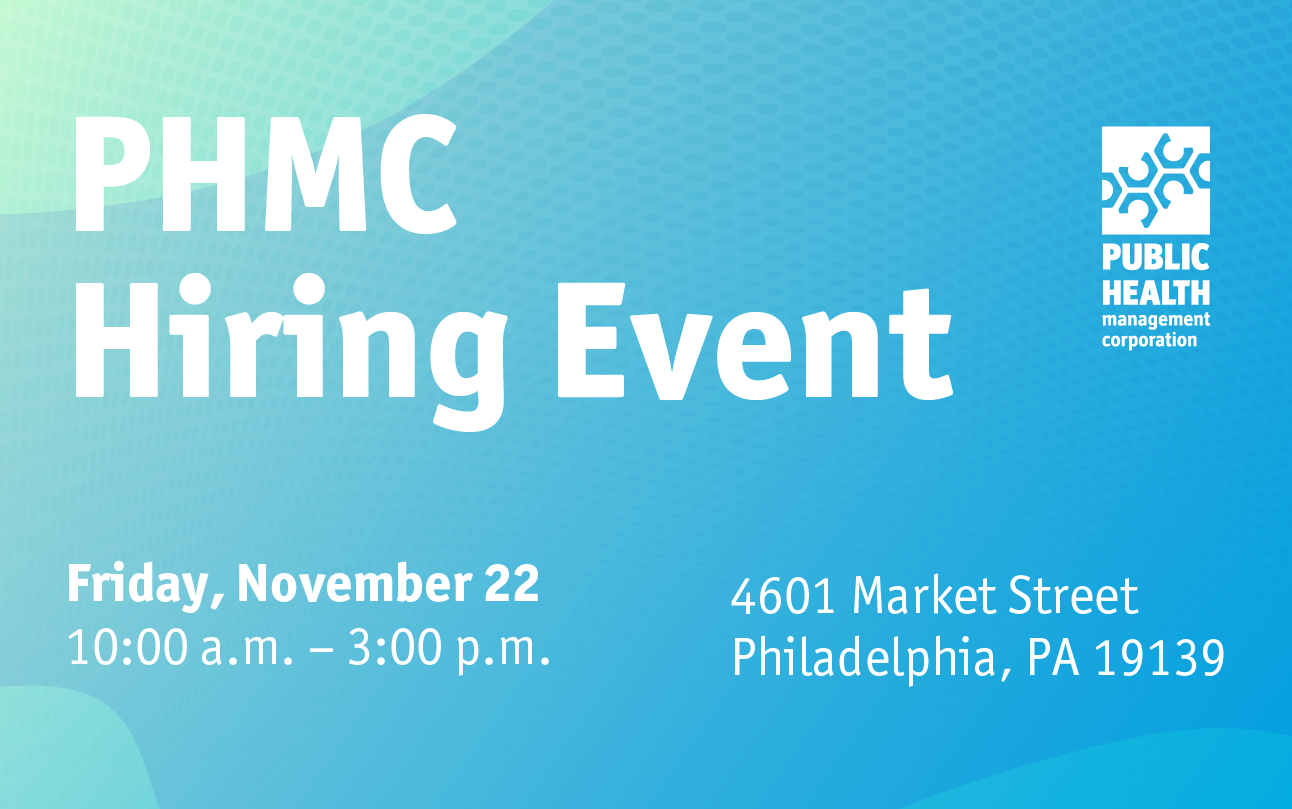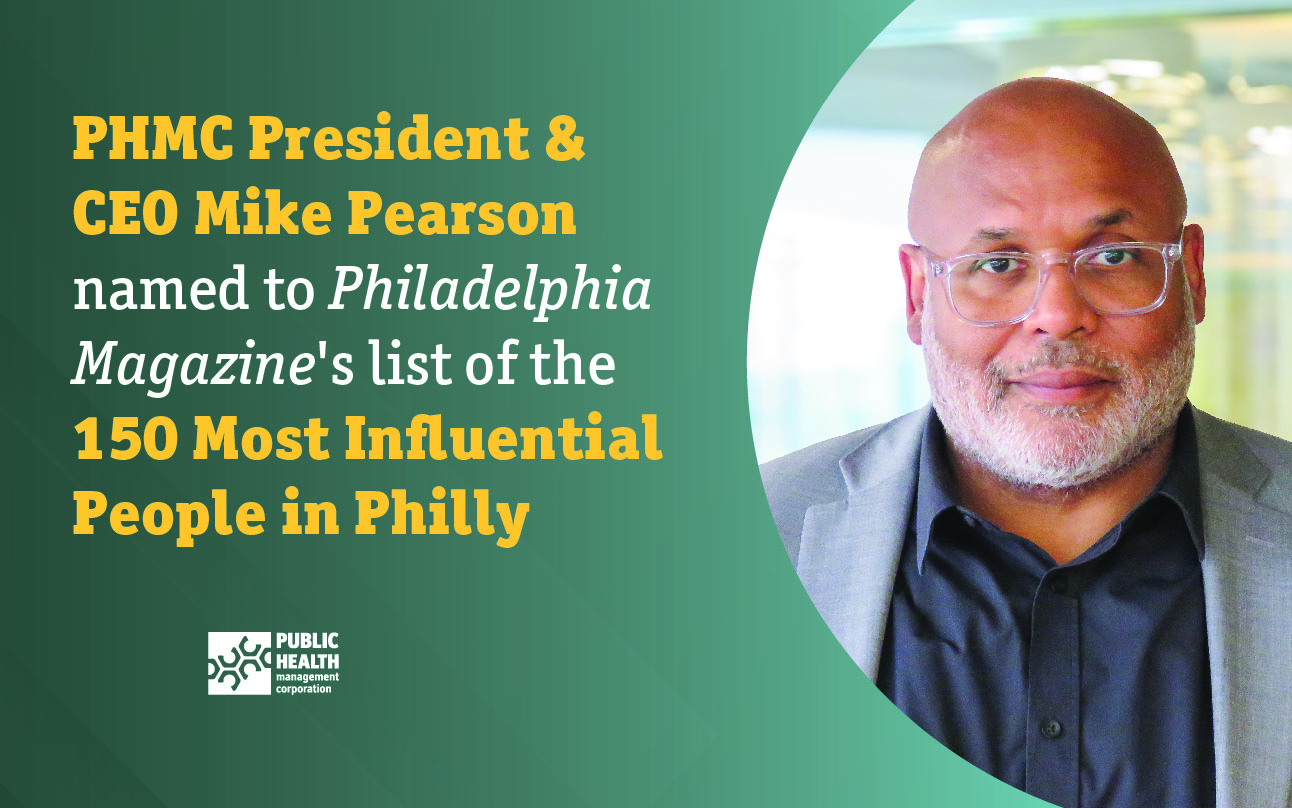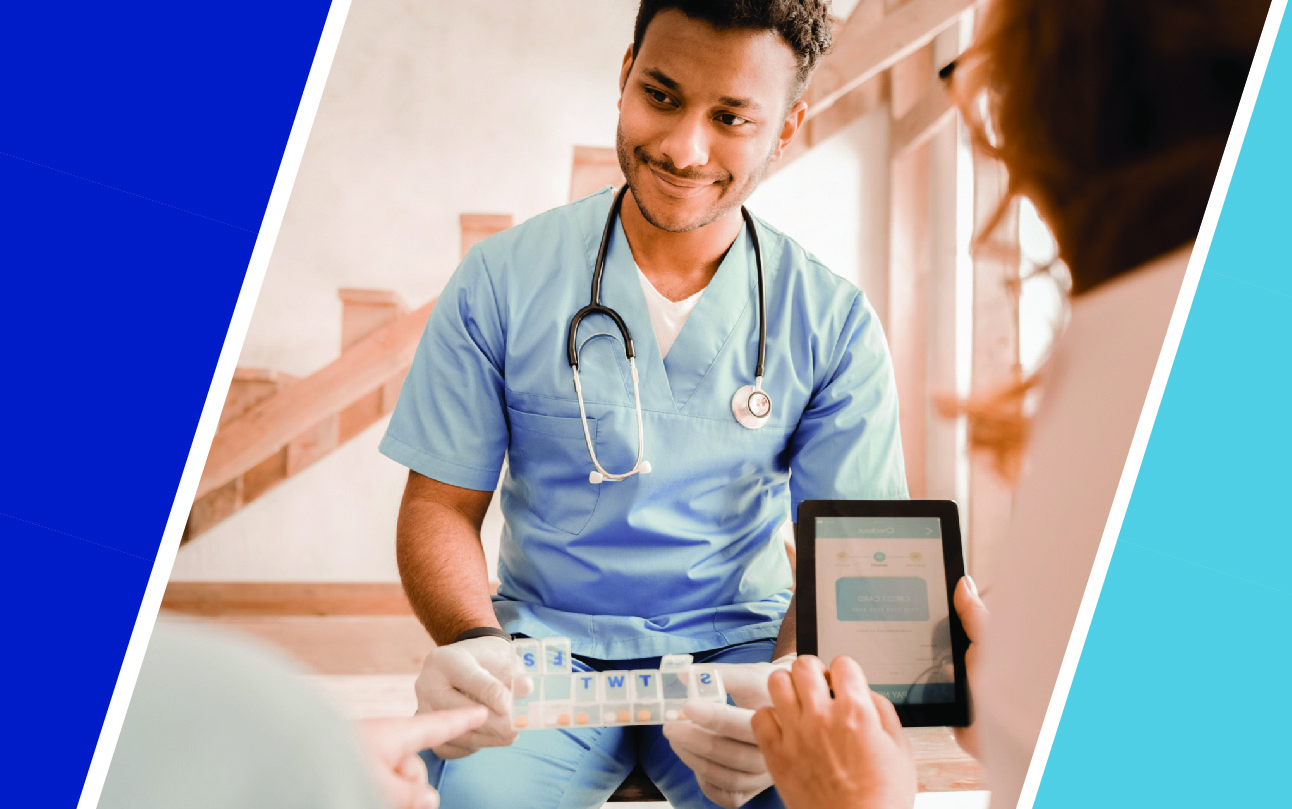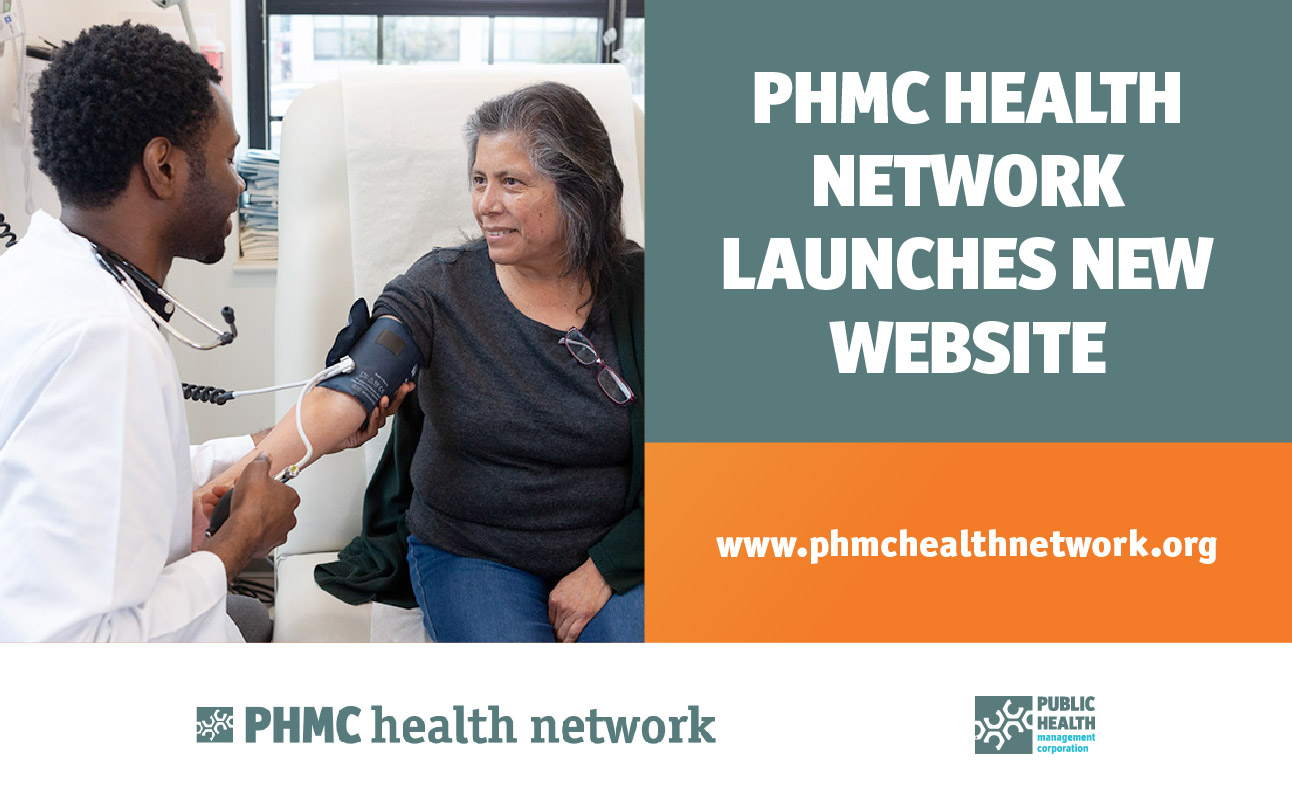Cedar
From the Public Health Campus on Cedar Newsletter, April 2022.
The Center for Autism (CFA), a subsidiary of PHMC, provides services tailored to the unique needs of individuals with autism so they can achieve their fullest potential and navigate their lifelong development and learning.
CFA was founded in 1955 by child psychiatrist Dr. Bertram A. Ruttenberg and became incorporated in 1970. It is the oldest autism treatment center in the country and pioneered therapeutic approaches such as the use of music therapy, movement therapy and sensory integration. CFA joined PHMC as a subsidiary in February 2020.
Treatment plans are unique to each individual and focus on communication, interaction, change and transitions, behaviors and responses, social competencies and sensory processing. CFA engages families as full partners in the therapeutic process and provides them with the support, education, treatment, and resources needed to effectively advocate for the person with autism.
Read more about CFA here.
From the Public Health Campus on Cedar Newsletter, April 2022: A letter from Cassandre Augustin, PHMC’s Community Engagement VISTA.
Spring is finally here, and I’m thrilled! My birthday is in April, and as I reflect on the last two years, I'm honestly grateful.
Back in April 2020, I was living in New York City, and we were still learning how the coronavirus was spread. I was working remotely to schedule telehealth appointments and share services to support those impacted by the virus. I spoke to so many who were thankful for the option to see a physician from their home and glad that someone checked on them and pointed them to basic resources. By April 2021, I was working in-person more but was sent home during the week of my birthday due to confirmed COVID-19 cases in our office. A week later, I was able to schedule my second dose of the vaccine. Looking back on the wait for the vaccines, I think of people I spoke to who didn’t have access to the Internet or needed a translator, and I’m thankful for the AmeriCorps members and community health workers who did the research and provided those resources so we could all feel a little safer.
Despite the challenges of the past year – new COVID-19 variants, my father passing away from colon cancer last year, and discovering last December that I had inflammation in my lungs due to sarcoidosis – I look at this April with hope. During my trips to the hospital, I was thankful for the protection of the vaccine. I’m thankful for my health care team, including an incredible pulmonologist who took the time to address every question I had about my treatment, including his assurance that it was safe for me to get a COVID-19 booster vaccine with my diagnosis.
I’m thankful to feel the weather slowly getting warmer each week. My lungs are healing, my plants are thriving, and I’ve even scheduled a pottery class! My sister even visited me for the first time in two years. I’ve found while some businesses have loosened restrictions, many understand the pandemic isn’t over. Some places require customers to show proof of vaccination and to wear a mask to protect both staff and other customers. For those businesses, I’m thankful for the choices they’ve made so that we can move forward as a community and enjoy spending more time together again.
Last year on March 25, the PHMC Public Health Campus on Cedar was launched by PHMC and its coalition partners, including Penn Medicine, Children’s Hospital of Philadelphia and the Independence Blue Cross Foundation. With a vision of providing integrated health care and social services to the West and Southwest Philadelphia neighborhoods, the Campus has worked to become a part of the community over the last 12 months.
While the Campus is continuing to evolve, several important developments and initiatives have happened in its first year. Below are a few key highlights.
- The PHMC Health Center on Cedar, a Federally Qualified Health Center and part of PHMC’s Health Network, opened its doors in November and offers a range of primary care services for children and adults.
- With the help of Turning Points for Children’s Food and Wellness Network (FAWN), PHMC provided more than 100 bags to members of the Cedar community for the Thanksgiving holiday.
- The Auxiliary Volunteer Board hosted a holiday gift shop on the Cedar Campus grounds.
- Workshops on stress management and community partnerships, along with a job fair, were facilitated in partnership with neighboring organizations both on and off the Campus.
- The Campus worked with schools and faith-based organizations to provide COVID-19 vaccine clinics and vaccine confidence education.
- In partnership with PHMC’s Community Engagement team, the Campus hosted two pardon clinics.
- The PHMC Community Engagement team created a Community Advisory Board and held a “Adopt A Family” drive to collect gifts that were eventually distributed to families in need during the holiday season.
The Consortium strives to empower and support people who seek assistance with behavioral health, supports coordination, and substance abuse through community-based services. Established in 1966 and incorporated five years later, it has helped more than 250,000 people throughout the tri-state area overcome the challenges of mental illness and substance abuse.
Located in West Philadelphia, The Consortium offers a range of evidenced-based programs and services for adults and children, including supports coordination, case management, outpatient services for mental health and substance use disorder, and family therapy. All patients are seen regardless of their ability to pay for services. The Consortium also partners with schools, churches, hospitals, social supports and local organizations to engage with community members.
Visit their website or call 215-896-8400 to learn more.
Ajeenah Amir is the Director of Civic Engagement and Community Partnerships at Penn Medicine. In addition to leading its civic engagement work with local community organizations and civic leadership, Ajeenah provides strategic support for Penn Medicine departments and staff, with a focus on communication and relationship-building with stakeholders regarding Penn Medicine projects and priorities. Ajeenah previously served as the Director for the Office of Public Engagement and Deputy Communications Director at the Mayor's Office of the City of Philadelphia.
“Serving on the Community Advisory Board has been such a wonderful experience,” Ajeenah said. “I’ve appreciated the opportunity to connect with dedicated community members that share my commitment and passion for health – especially in black and brown communities.
“While I know there are a lot of factors in our neighborhoods and environments that contribute to poor health, I also know that we as a community are rich – in our history, culture, the limitless possibilities of our youth, and in our connections with each other. I hope I can count on you to help me continue to bridge fruitful partnerships that enable our neighborhoods to grow and strive towards better health and wellness.”
Ajeenah earned her M.S. from the University of Pennsylvania’s School of Social Policy & Practice and received her B.S. from Howard University in Washington, DC.





